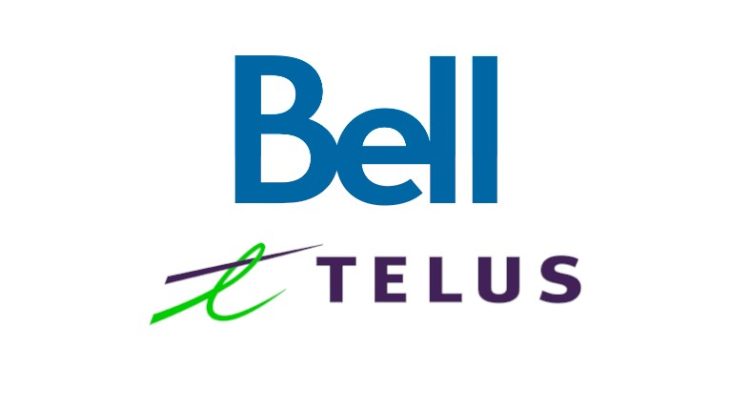
By Ahmad Hathout
In an extraordinary legal filing, Bell is accusing Telus of training and using door-to-door salespeople to pitch an unlicensed IPTV application to get customers to switch to Telus internet services.
The activity is allegedly taking place in areas where Telus wholesales internet service from Bell, according to a statement of claim in Ontario Superior Court, filed Thursday.
The representatives “promote, facilitate, authorize, and assist in the installation of an illegal, unlicensed IPTV application … that reproduces and retransmits Canadian and international programming, including works and signals in which Bell and its affiliated programmers hold copyright,” the statement alleges.
The representatives “are trained to endorse the illegal Pirated TV Service and to employ these sales tactics to convert additional customers from Bell and other facilities-based providers of legitimate TV services to Telus,” it further claims.
Bell says it has suffered financially through the loss of customers and is seeking damages of up to $35 million.
The allegations have not been proven in court. A request for comment to Telus was not returned in time for publishing (we will update this story if/when we get a response).
“Through these acts, Telus, in addition to perpetuating copyright infringement, is legitimizing the Illegal Pirated TV Service, misleading consumers, and creating confusion in marketplace,” Bell claims.
As evident in the filing, Bell is still stewing about the CRTC’s decision last week to uphold its policy of allowing the largest internet service providers to use the wholesale internet framework. Bell has long maintained that such a policy would reduce investments in networks.
“While existing CRTC rules allow Telus to seek to profit from selling internet services without making any investment in broadband infrastructure that benefits customers, Telus now also seeks to profit by facilitating access to pirated services it knows are illegal rather than investing in their own legal service,” Bell alleges.
“This enriches Telus and correspondingly deprives those who have invested in broadband facilities and legal TV services, including Bell, of returns on their investment,” the complaint continues. “There is no legal justification, or juristic reason, for Telus’ enrichment.”
Before this claim, the telcos weren’t exactly best buddies. Earlier this month, Bell alleged Telus is trying to unduly reconstitute its newly branded television services on Telus TV. And last month, Telus accused Bell of deliberately obstructing its ability to introduce its broadcasting services over the larger telco’s last-mile fibre facilities in eastern Canada.
Telus has been focused on expanding eastward. A cornerstone of that expansion is the bundling of services: internet, television, home security and/or mobile wireless services.
The telco is the only one of the Big 3 to promote large player access to the wholesale internet regime as a nationwide competition lever, despite concern about investment in networks and the impact on smaller providers who must compete directly with these deeper-pocketed competitors.


